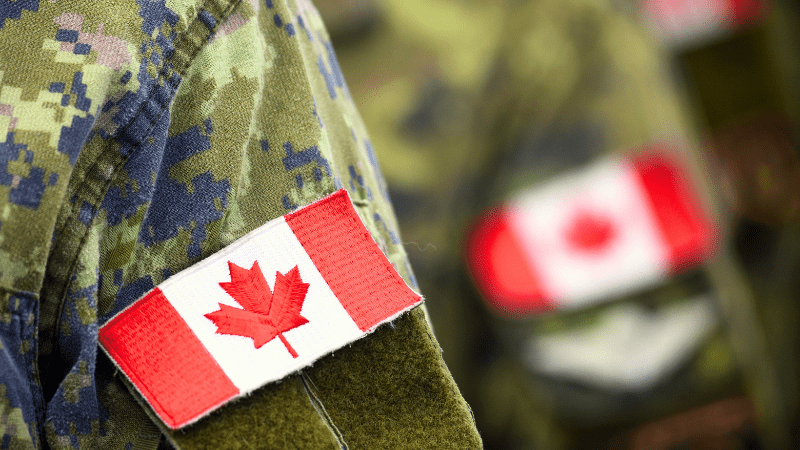This article originally appeared in the Western Standard.
By Matthew Bondy, February 21, 2024
If current polls hold up, Pierre Poilievre and his Conservative party will be running Canada within the next two years.
One of the new PM’s top jobs will be foreign and defence policy, but the conservative movement is wobbling on these issues for the first time since before the Second World War.
Stephen Harper’s government generally upheld a classically conservative, Anglo-American approach to foreign affairs. Despite failing to meet the military funding commitment made to our NATO allies (2% of GDP,) the Harper government was clear that its foreign policy was rooted in the values of “freedom, democracy, human rights, and the rule of law,” and that these values were to be not only defended at home but advanced abroad.
From leading crucial allied sectors in the Afghanistan stabilisation mission to leading the charge on kicking Vladimir Putin’s Russia out of the G8, the previous Tory government had a clear ideological ballast and it acted on it — just like Mulroney, Clark, Diefenbaker and their predecessors.
In fact, recognizing the military as a source of national pride, promoting democratic values — and actually deploying men and materiel to advance those values abroad — has been a cornerstone of western conservative politics since the Third Reich knocked the free world out of its slumber in 1939.
Trump’s presidential victory in 2016 shattered that conservative consensus.
Not long after the voters retired the Harper Government from service, Donald Trump took the White House and the world by storm. Conservatism in the West since that time has been, if not remade in his image, then at least reprofiled to reflect his stances. Stances that now include an open invitation for Putin’s Russia to “do whatever the hell they want” in Europe.
On foreign policy that has meant a creeping isolationism — including in Canada.
New Angus Reid polling profiled by Konrad Yakabuski in the Globe and Mail recently says that nearly half of those who voted Conservative in the last federal election think Canada is doing “too much” for Ukraine. Conservative voters are even in particular support of negotiations to end that war by way of ceding invaded territory to Russia.
This trend of conservatives in the democratic west looking at their feet while global bullies destroy nations, laws, families, and whole communities is short-sighted, unsustainable, weak-kneed, and wrong.
The world is getting more dangerous every year. Russia has invaded a sovereign nation. China has eaten democratic Hong Kong alive and is preparing to invade Taiwan by 2027. Iran-backed terror this fall claimed thousands of Israeli lives, and now American ones too, this time in Jordan.
Of course, unlike the last time the democratic community had to confront a concert of fascist dictators, it’s not 1939 — that’s the good news. There is no evidence to suggest that an official axis of authoritarian powers is coordinating an imminent take-over of the entire free world by force — at least not yet.
It may not be 1939 but I suspect today feels something like 1935. Openly fascist powers — formerly Germany, Japan, and Italy, but today Russia, China, Iran, and North Korea — openly coordinate with one another for undisguised vile purposes.
Anti-semitism is sweeping throughout the world while the Jewish State merely seeks the right to exist in security. Western powers have officially adopted a naive hope as their strategy for continued pre-eminence in global affairs based on international rules, while despotic states continue to chip away at them.
Western defence investment continues to stagnate; Canada is now chronically weak on defence but even the United States has a shrinking navy.
When it comes to Canada’s standing and safety in the world, this is what losing looks like.
Thankfully, Canadians and their political parties are endowed with the freedoms that previous generations paid for in blood, and they can use those freedoms to chart a better course forward.
Matthew Bondy is a Senior Fellow with the Macdonald-Laurier Institute.






